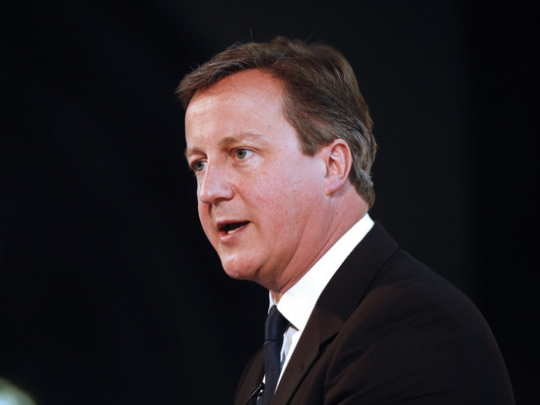
Modern London is a Conservative creation. When Margaret Thatcher became prime minister in 1979, it was dowdy, depopulating and on its way out of the first rank of international cities. Then came the Big Bang, the Single European Act, the salvation of the Docklands and cascades of supply-side reform. What emerged was a rampant cosmopolis that served as the world’s broker and bolt-hole, with a population soon to exceed its all-time peak of 8.6 million.
Another of London’s mutations is its aversion to the Tories. Before Boris Johnson became mayor in 2008, that office was threatening to become a Labour sinecure. Even Johnson’s successive victories have masked his party’s secular decline in the city. In 1992, a fading 13-year-old Tory government won 300,000 more votes in London than Labour. In 2010 a bushy-tailed Tory opposition lost to Labour there, despite winning many more votes nationally and ending up in government.
Local elections tell a similar story of Conservative retreat. The party’s hold on the outskirts is loosening as immigrants account for more and more of the suburban electorate. In May an opinion poll gave Labour a 14-point lead in voting intention among Londoners for next year’s general election. Its national lead is about a third of that. Contrary to the impression created by zany leftwing councils in the 1980s, London has never been a Labour monopoly. But it is getting there.
There are 73 reasons why losing London is inadvisable for a party with aspirations for government. That is the city’s allocation of parliamentary seats, more than a 10th of the House of Commons and, if anything, an understatement of London’s share of the UK population.
But there is more to its electoral significance than that. London is a peek at Britain’s future. Demographic and social trends are remaking the country in its capital’s freewheeling image. Losing London now is tantamount to losing Britain in the coming decades.
The think-tank Policy Exchange caused some commotion this year by forecasting that Britain’s non-white population could reach 30 per cent by 2050. That kind of diversity is old news in London, where white Britons are already a minority. Race is one of the surest predictors of a person’s vote and, according to the Tories’ internal calculations, they did even worse among non-white voters in 2010 than Mitt Romney did in his US presidential bid two years later.
Convergence with London
Since resigning as a Foreign Office minister last week, Baroness Sayeeda Warsi has talked down her party’s electoral prospects as long as it does so badly among ethnic minorities. Tories say she is bitter and lucky to have risen as far as she did. But it is hard to find one who doubts her psephological case.
Britain’s convergence with its capital runs much deeper than race, though. From opinion polls to the compendious British Social Attitudes surveys, the evidence suggests that voters born since Thatcher took office are the most individualist on record. Their attitudes to religion, family, the National Health Service, welfare, homosexuality and even neighbourliness are a libertarian’s dream. If the future this points to is a rootless and postmodern society in which nothing is sacred, then London got there long ago.
So if the Conservatives do not want to end up strewn on the margins of the 21st century, they must appeal to the kind of people who live in the capital.
At the moment the party’s London strategy starts and ends with Johnson. But he is a politician of freakish magnetism with an almost unscriptably cosmopolitan backstory. He is not, as they say in the City of London, a scalable model.
Even if Johnson achieves his ambition to become an MP in May, and even if he replaces David Cameron as Tory leader one day, he is but one man against a miasma of sour, censorious provincialism that is slowly infusing his party.
The rise of the UK Independence party has emboldened every Tory traditionalist. They want a Conservatism of the shires or the market towns or, at their most imaginative, the suburban north. They want fiscal incentives for marriage and a resistance of torrential social change. They cannot speak a sentence that does not include some snide allusion to “metropolitan elites”.
These views are far from extreme, and there is a market for them. But it diminishes every year. Britain is becoming more urban, more diverse, more atomised, more London. The Tories are usually masters at sensing tectonic social changes and positioning themselves to take advantage. They helped to enfranchise the industrial working class in the Victorian age and assented to the welfare state a century later.
That intuition is deserting them, and so are voters. The Tories should be developing a kind of Londonism: A liberal, outward-looking creed for a generation turning away from postwar collectivism. Instead they might be about to invest in tradition just as the demand for the stuff tops out and starts a decline that will be measured in decades.
— Financial Times












